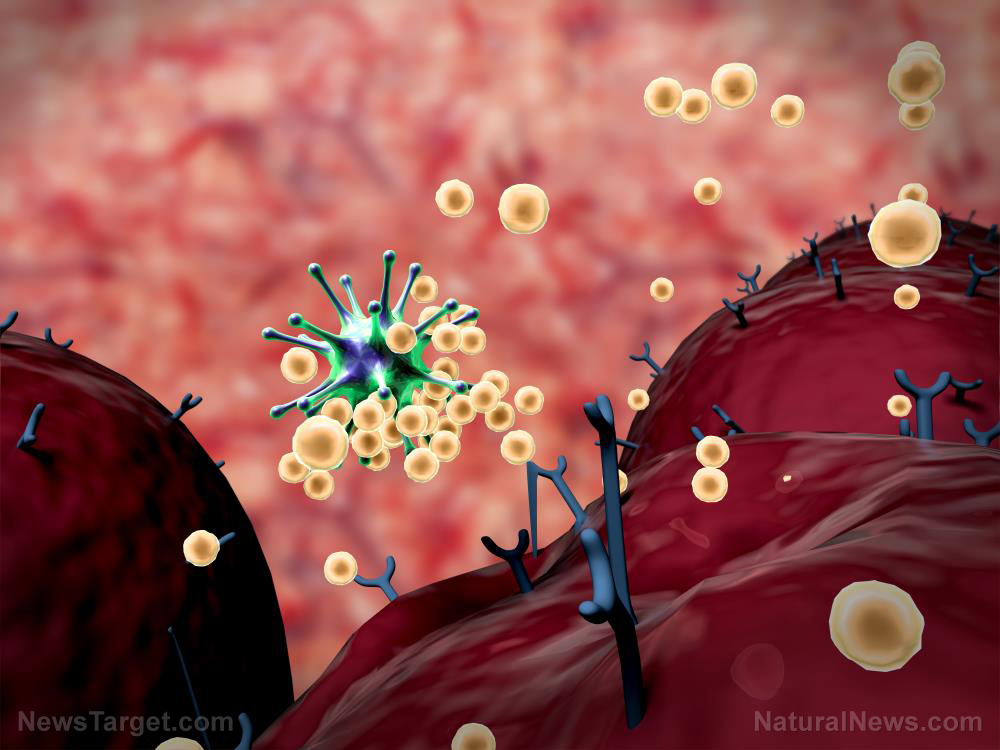Drug maker Eli Lilly strikes $375 million deal with US government for COVID-19 antibody treatment

American pharmaceutical firm Eli Lilly has agreed to supply the U.S. government with its experimental COVID-19 antibody medication. The company announced Oct. 28 that it will provide an initial 300,000 vials of the bamlanivimab antibody-drug amounting to $375 million, contingent on emergency use authorization (EUA) from the Food and Drug Administration (FDA). Eli Lilly submitted an EUA request for bamlanivimab in early October for treating mild to moderate COVID-19 in high-risk patients.
Per the initial terms of the agreement, the company will deliver the bamlanivimab vials for two months after FDA approval. The deal also provides the option for the U.S. government to purchase up to an additional 650,000 vials through June 2021. However, the purchase of the succeeding doses will be subject to agreement from Eli Lilly, product availability and domestic medical demand.
If bamlanivimab is authorized for emergency use, the government has committed that patients will not have to pay for the treatment – which it plans to do so by means of a government allocation program in partnership with state health departments. Health facilities may charge a fee for the product’s administration, however.
Eli Lilly expects to manufacture up to one million bamlanivimab doses by the end of 2021, with 100,000 doses ready to ship worldwide in case the FDA approves it for emergency use. The pharmaceutical firm added that it invested in large-scale manufacturing of the antibody-drug at a loss to ensure patients across the globe have access to it – even before studies showed its potential as a treatment for COVID-19.
David A. Ricks, Eli Lilly chairman and CEO, said: “The U.S. is experiencing a surge in COVID-19 cases and associated hospitalizations, and we believe bamlanivimab could be an important therapeutic option that can bring value to the overall healthcare system, as it has shown a potential benefit in clinical outcomes with a reduction in viral load and rates of symptoms and hospitalizations.”
Bamlanivimab and other antibody treatments are showing promise in the treatment of COVID-19
Antibody drugs are designed to imitate or enhance the body’s immune response to fight infection, compared to vaccines that train the body’s immune system to recognize and combat pathogens. Antibody treatments against COVID-19 such as bamlanivimab produce a temporary effect that could help prevent worsening symptoms in infected patients.
The company reported in September that bamlanivimab appeared to reduce the risk of patients needing hospitalization or emergency care, and help lower coronavirus levels in those with mild or moderate symptoms. However, scientists later noted that the antibody treatment was “unlikely” to help hospitalized patients recover from advanced stage COVID-19.
Eli Lilly is the third pharmaceutical firm to finalize a manufacturing contract for antibody treatment.
In July, New York-based firm Regeneron Pharmaceuticals, Inc. received $450 million from the U.S. government to produce 300,000 doses of its polyclonal antibody treatment. Regeneron’s antibody cocktail was among the treatments administered to President Donald Trump at the Walter Reed National Military Medical Center during his short bout with COVID-19 in early October.
Regeneron President and Chief Scientific Officer Dr. George D. Yancopoulos said in a statement that the company’s treatment “rapidly reduced viral load and associated symptoms in infected COVID-19 patients.” (Related: Early intervention played key role in Trump’s COVID-19 recovery, says medical expert.)
In early October, British drugmaker AstraZeneca also received $486 million from the U.S. government to produce its AZD7442 antibody drug. The pharmaceutical firm is expected to deliver up to 100,000 doses of AZ7742 to the U.S. by the end of 2020.
Compliant to this timeline, AstraZeneca started two trials to look at the antibody drug’s ability to prevent COVID-19 symptoms and to treat the disease itself. The antibody drug is a result of AstraZeneca’s optimization of antibodies previously discovered by Vanderbilt University Medical Center in Tennessee.
Based on data from Johns Hopkins University, the U.S. currently has a 9 million COVID-19 caseload with 229,686 deaths and 3.6 million recoveries.
Pandemic.news gives you the latest information on antibody drugs and other medications to combat the coronavirus pandemic.
Sources include:
*** This article has been archived for your research. The original version from Natural News can be found here ***

